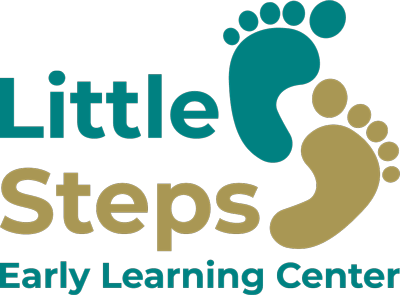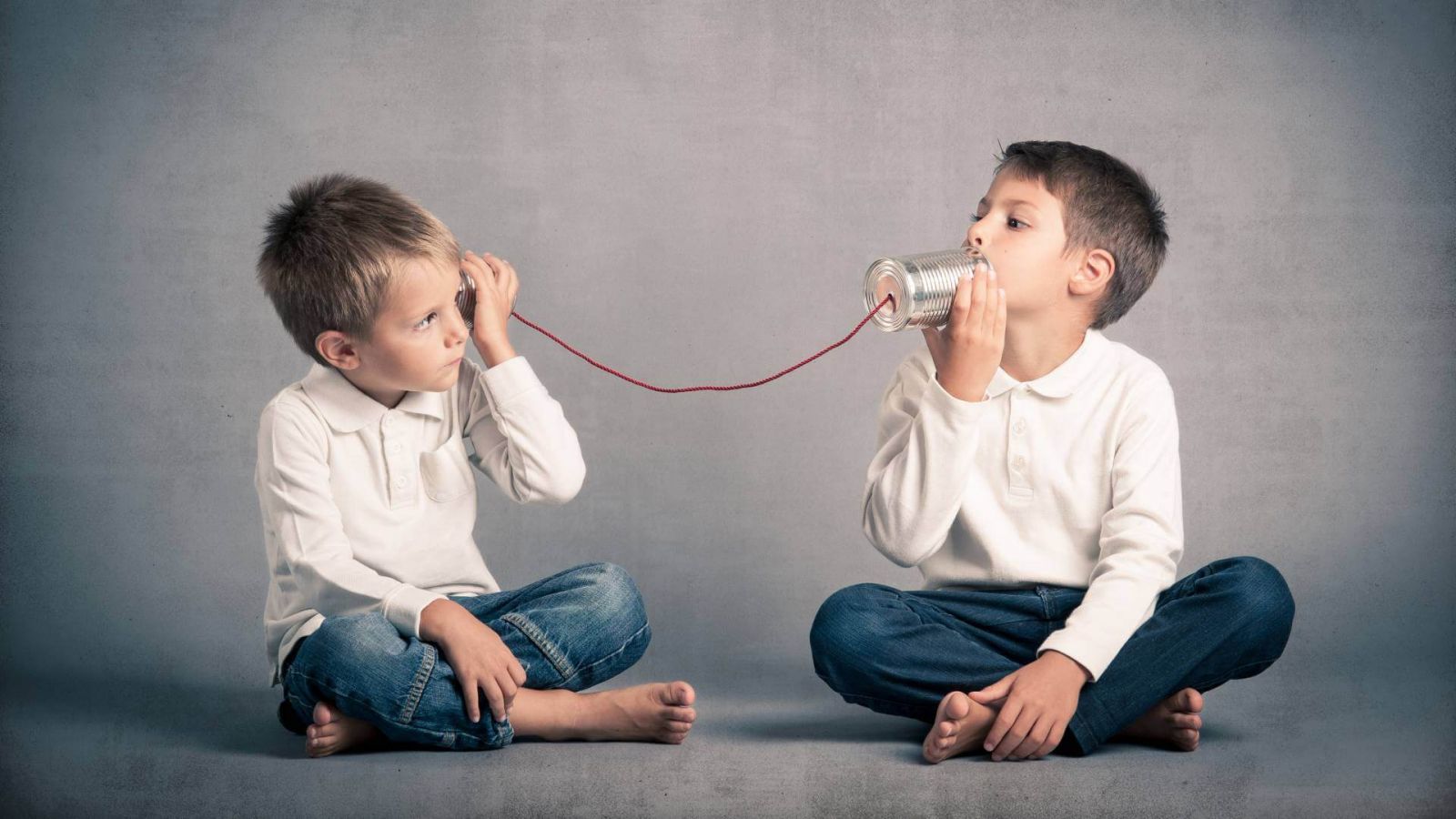Many believe it is never too early to learn a second language. Learning sign language is an excellent way for kids to do just that and have fun doing it. It doesn't require parents to put in time teaching their children. It also allows children of all ages to communicate more easily with people who may be deaf or hard of hearing at home or school, like siblings, friends, coaches, and teachers.
As you teach your child how to sign, be sure not to limit yourself with words; there are other ways your little one can communicate using signs! Gestures and facial expressions can convey thoughts and feelings as words do.
Advantages Of Introducing Sign Language To Young Children.
The following are some advantages of introducing sign language to young children.
1.) Babies and young children can copy what you do. They can be shown signs at an early age and not worry about following the order in which they were taught. They will, however, need constant practice to develop their signs and movements.
2.) Using sign language will allow children to communicate with their friends, siblings, or any other person who may have difficulty understanding them. Hand signals help a lot in communicating with people at school or home.
3.) Deaf or hard of hearing children can use sign language in the future to communicate with their families and friends. This can be a great help not only for communication but also for education.
4.) Sign language is a fun way for the child to express himself. Children will enjoy imaginative play. They will learn many signs in sign language and have fun using them.
5.) Sign language can help your child learn how to read by improving their memory capacity, speech, attention span, and listening skills. It can help them become good at expressing themselves as well.
Disadvantages Of Introducing Sign Language To Young Children.
Here are some disadvantages of introducing sign language to young children:
1.) Some kids are shy and tend not to show much enthusiasm or interest. Some may even think it is unnecessary as they already can communicate with their peers and family.
2.) Children who do not want to pick up on sign language may be discouraged and frustrated because they don't want to be left out of the fun.
3.) While some children are more inclined to learn and take an interest in learning this style of communication, others will not be interested in it.
4.) Some people may think that signing is annoying or too complicated for their kids to learn. Some parents may have a negative attitude towards sign language, thinking that their kids do not need it at all (as if there's such a thing as "enough" in a child's life).
Do's And Don'ts When Introducing Sign Language To Young Children.
1) You should ensure you don't teach many signs at once. Otherwise, you will confuse your child.
2) You should also be consistent when teaching your child. Once they learn a sign, you should immediately use them in conversations with others.
3) You should make sure that you are not only teaching hand gestures but also facial expressions and emotions because these are important in getting across what your child is trying to say.
4) It's always better to start learning how to sign language from someone who was born deaf since they can help you teach the proper way to do it.
5) Don't be discouraged if your baby or child doesn't show much interest or enthusiasm for learning a second language since it may depend on their personality or willingness.
Children who are taught sign language at a young age may be more successful later in life in terms of education and employment. They can communicate with those who may have difficulty understanding them (such as their friends, school officials, relatives, etc.), and they can also use this skill to help them better understand the deaf or hard of hearing people around them.
6-10-year-olds are the perfect age to learn sign language since they can grasp new concepts faster than before. At this point in their lives, they are eager to learn more new things. This is when they will want to show off what they know and make friends by communicating better with others.


